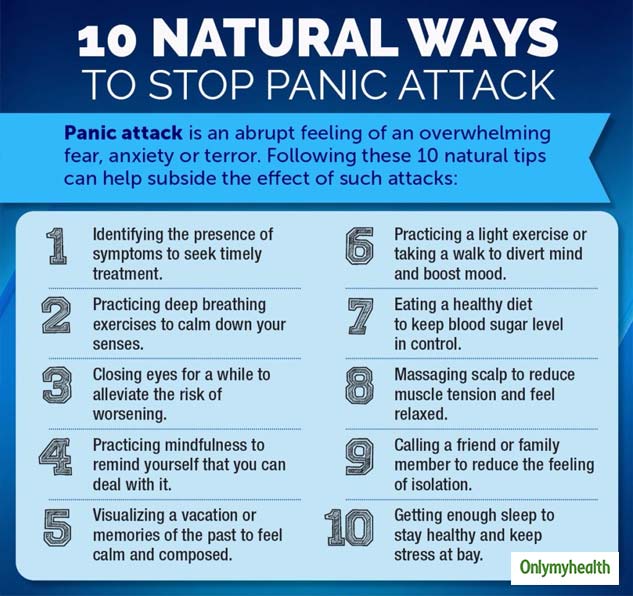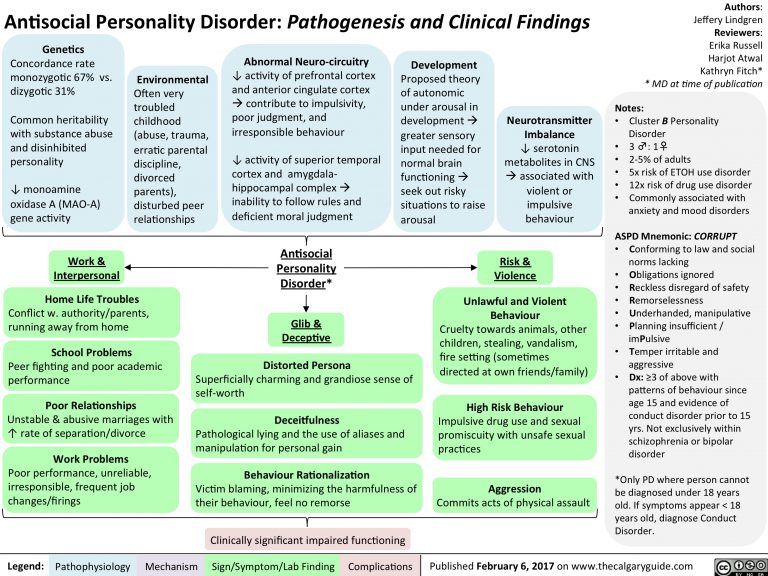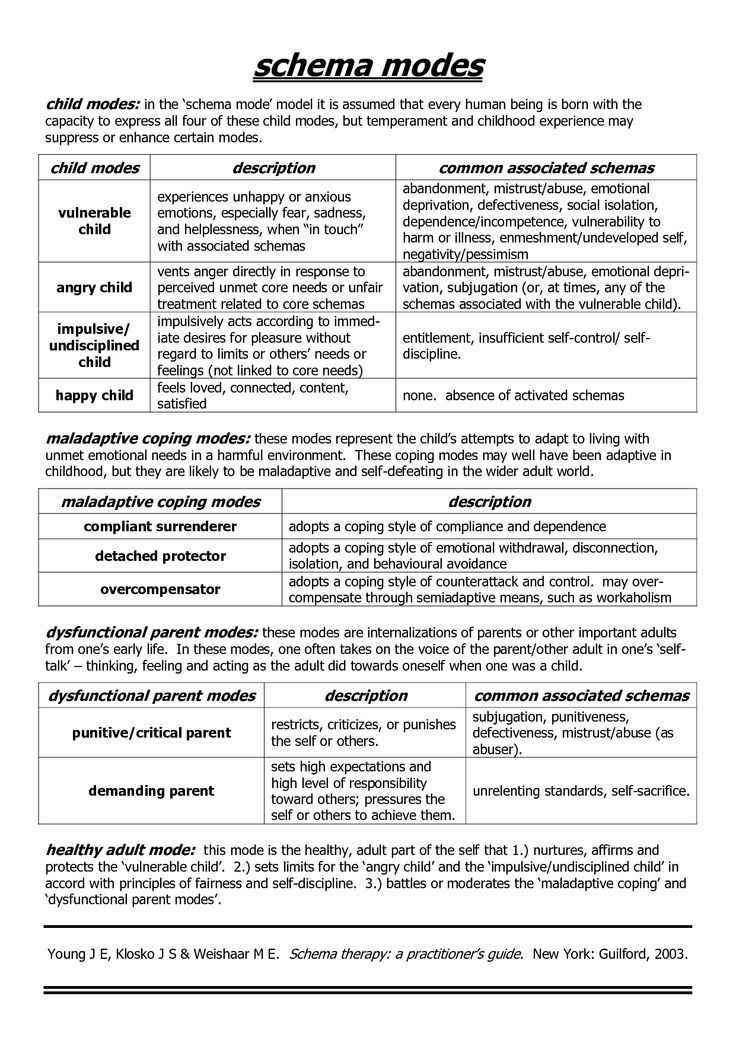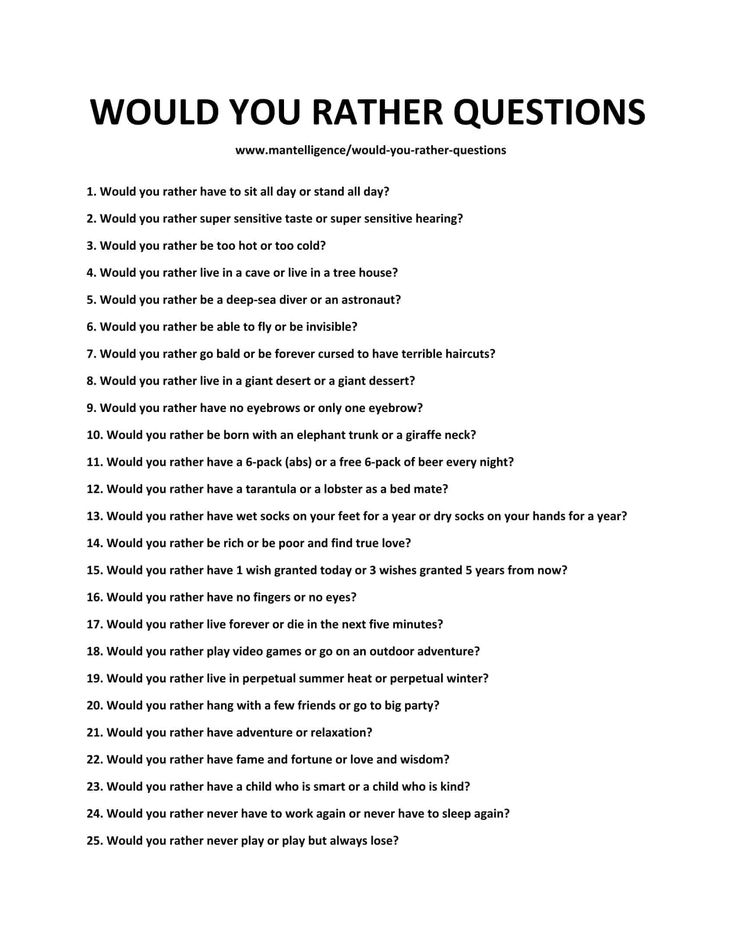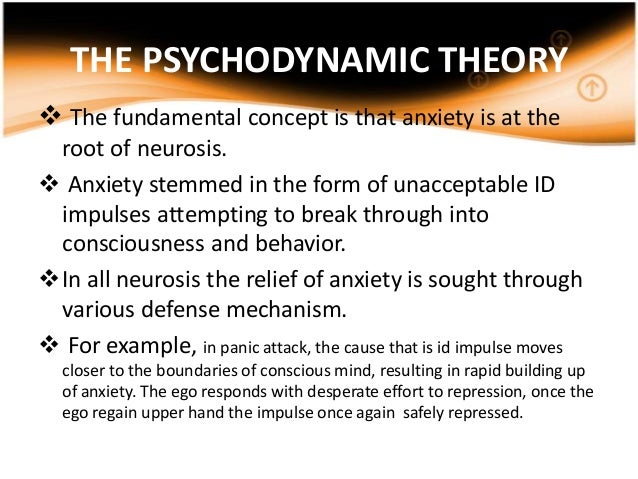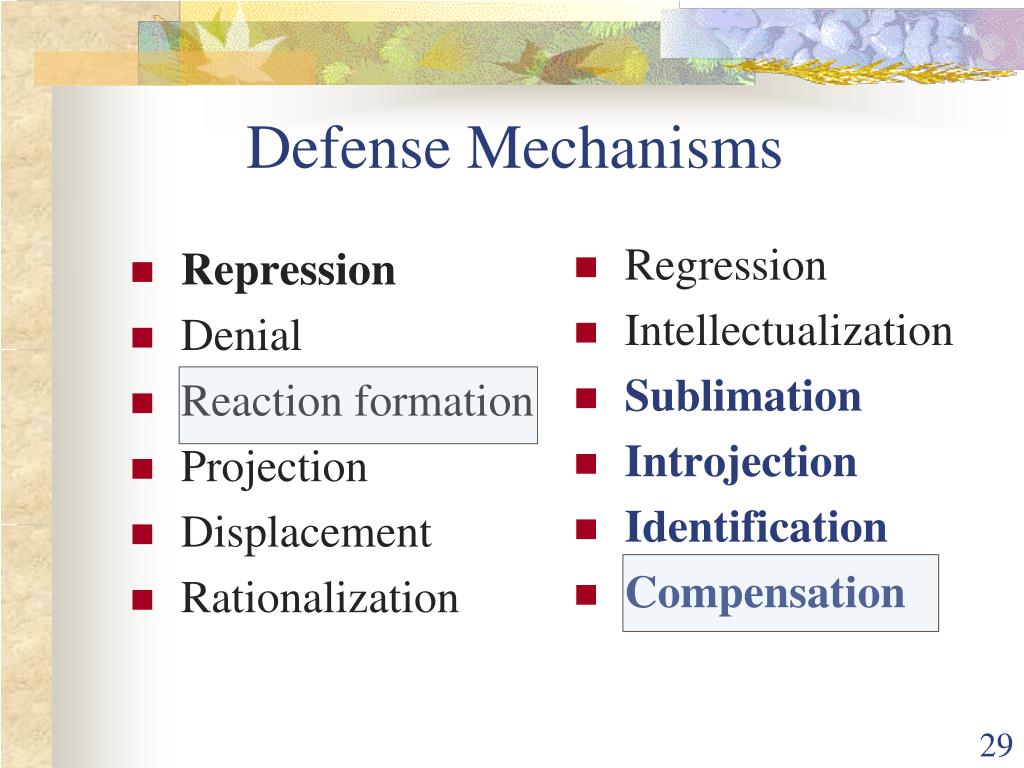How to help your mental health
10 tips to boost your mental health
“Mental health” refers to your overall psychological well-being. It includes the way you feel about yourself, the quality of your relationships, and your ability to manage your feelings and deal with difficulties.
Anyone can experience mental or emotional health problems — and over a lifetime, many of us will. One in five Canadians lives with mental-health or substance-use problems.
These tips can help you elevate your mood, become more resilient and enjoy life more.
1. Make social connection — especially face-to-face — a priority
Phone calls and social networks have their place, but few things can beat the stress-busting, mood-boosting power of quality face-to-face time with other people, especially those you love and people who energize you.
2. Stay active
Staying active is as good for the brain as it is for the body. Regular exercise or activity can have a major impact on your mental and emotional health, relieve stress, improve memory, and help you sleep better.
3. Talk to someone
Talk to a friendly face. If you have concerns, stresses or worries, sharing these with someone who cares is one of the most effective ways to calm your nervous system and relieve stress.
4. Appeal to your senses
Does listening to an uplifting song make you feel calm? Does squeezing a stress ball help you feel centred? What about taking a walk in nature and enjoying the sights and sounds of the trees? Everyone responds to sensory input a little differently, so experiment to find what works best for you.
5. Take up a relaxation practice
Yoga, mindfulness, meditation and deep breathing can help reduce overall levels of stress.
6. Make leisure and contemplation a priority
We can all be guilty of being "too busy" to take some down time, but leisure time is a necessity for emotional and mental health. Take some time to relax, contemplate, and pay attention to the positive things as you go about your day — even the small things.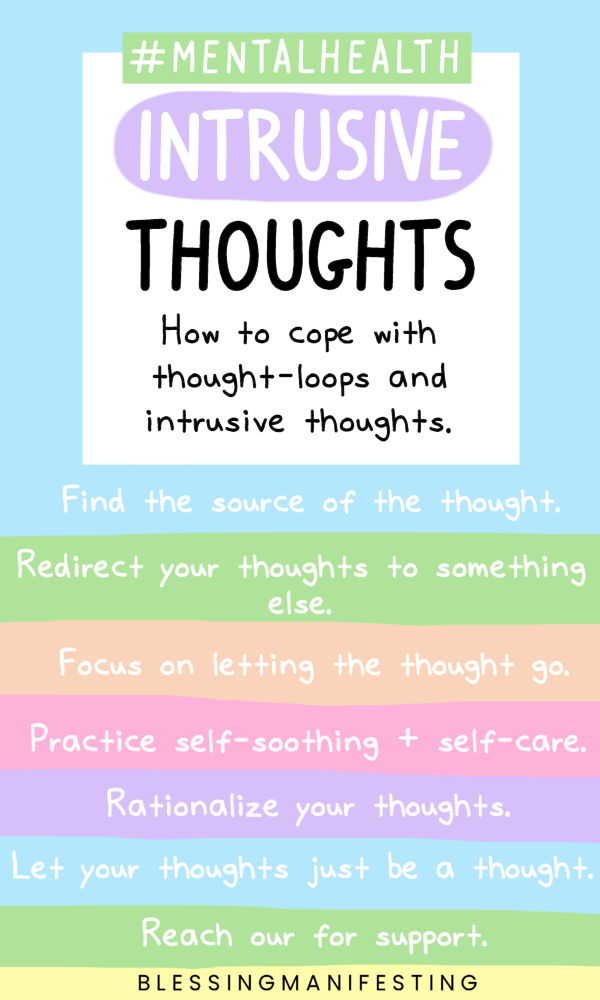 Write them down if you can, because they can be easy to forget. Then reflect on them later if your mood is in need of a boost.
Write them down if you can, because they can be easy to forget. Then reflect on them later if your mood is in need of a boost.
7. Eat a brain-healthy diet to support strong mental health
Foods that can support your mood include fatty fish rich in omega-3s, nuts (walnuts, almonds, cashews and peanuts), avocados, beans, leafy greens (spinach, kale and Brussels sprouts), and fresh fruit such as blueberries.
8. Don’t skimp on sleep
It matters more than you think. Sleep is our body and mind's best way to recharge and rejuvenate. One way to get sleep better is to take a break from the stimulation of screens — TV, phones, tablets or computers — in the hours before bedtime. Consider reading or listening to relaxing music instead.
9. Find purpose and meaning
This is different for everyone but finding purpose in your day is a big factor to good mental health. You might try one of the following:
- Engage in work that makes you feel useful
- Invest in relationships and spend quality time with people who matter to you
- Volunteer, which can help enrich your life and make you happier
- Care for others, which can be as rewarding and meaningful as it is challenging
- Think of one good deed or gesture to do each day
10.
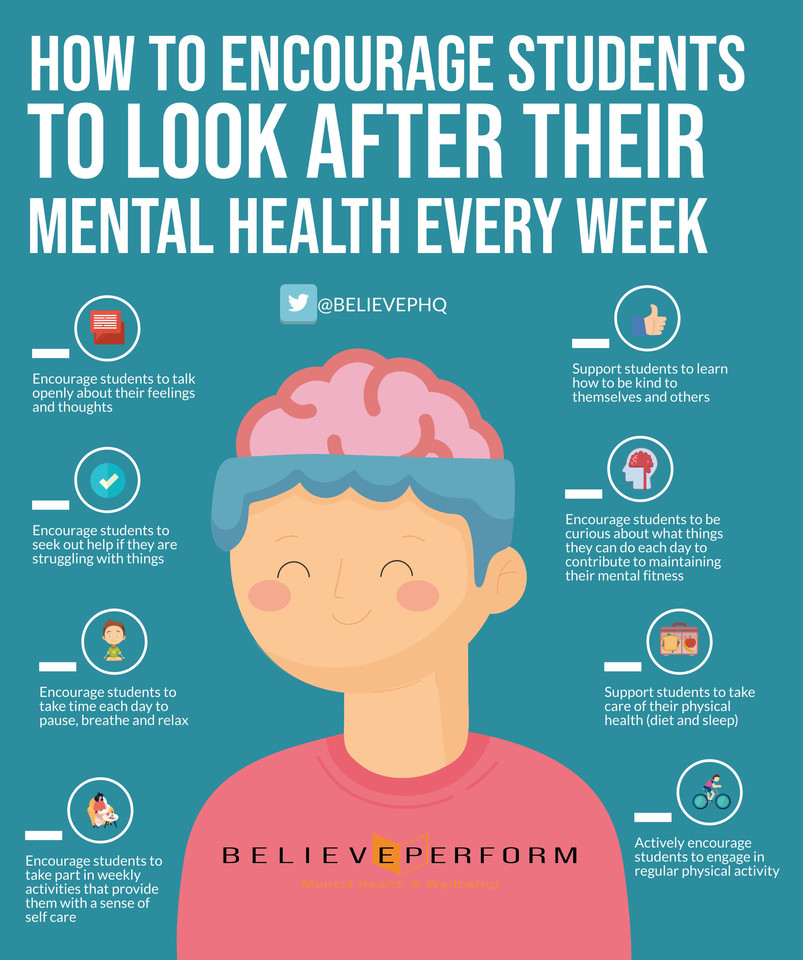 Get help if you need it
Get help if you need itIf you or a loved one needs support, there are many programs and resources that are available to you:
- Here to Help provides mental-health and substance-use information you can trust.
- Kelty Mental Health Centre serves children, youth and families.
- BC Crisis Centre is a non-profit, volunteer organization committed to helping people help themselves and others deal with crisis.
- Canadian Mental Health Association is a national charity that helps maintain and improve mental health for all Canadians.
- BC211.ca provides information and referrals regarding community, government and social services in B.C.
31 Tips to Boost Your Mental Health
1. Track gratitude and achievement with a journal. Include 3 things you were grateful for and 3 things you were able to accomplish each day.
2. Start your day with a cup of coffee. Coffee consumption is linked to lower rates of depression.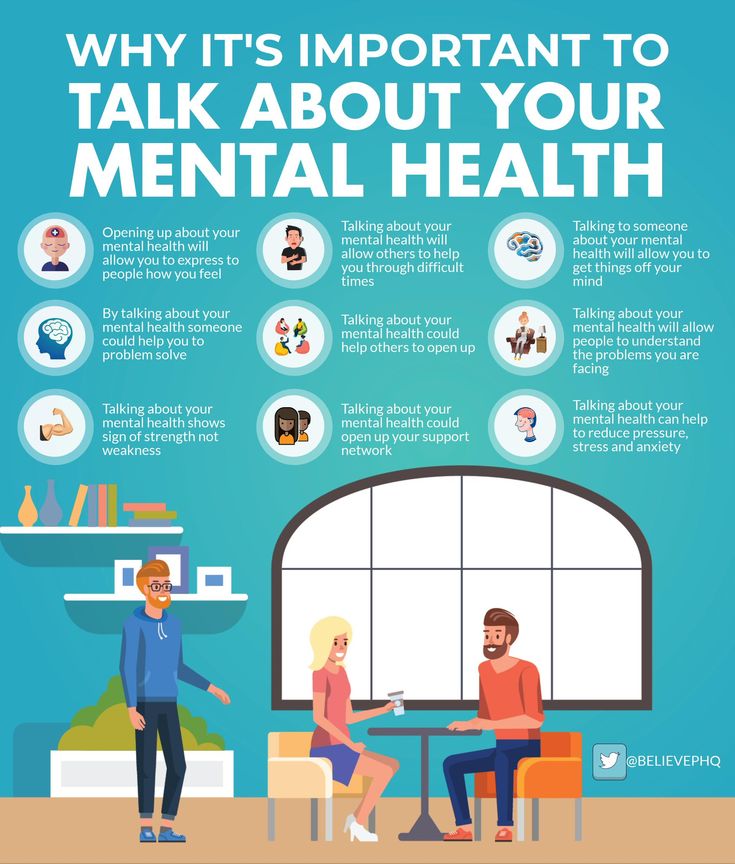 If you can’t drink coffee because of the caffeine, try another good-for-you drink like green tea.
If you can’t drink coffee because of the caffeine, try another good-for-you drink like green tea.
3. Set up a getaway. It could be camping with friends or a trip to the tropics. The act of planning a vacation and having something to look forward to can boost your overall happiness for up to 8 weeks!
4, Work your strengths. Do something you're good at to build self-confidence, then tackle a tougher task.
5. Keep it cool for a good night's sleep. The optimal temperature for sleep is between 60 and 67 degrees Fahrenheit.
6. "You don't have to see the whole staircase, just take the first step." - Martin Luther King, Jr. Think of something in your life you want to improve, and figure out what you can do to take a step in the right direction.
7. Experiment with a new recipe, write a poem, paint or try a Pinterest project. Creative expression and overall well-being are linked.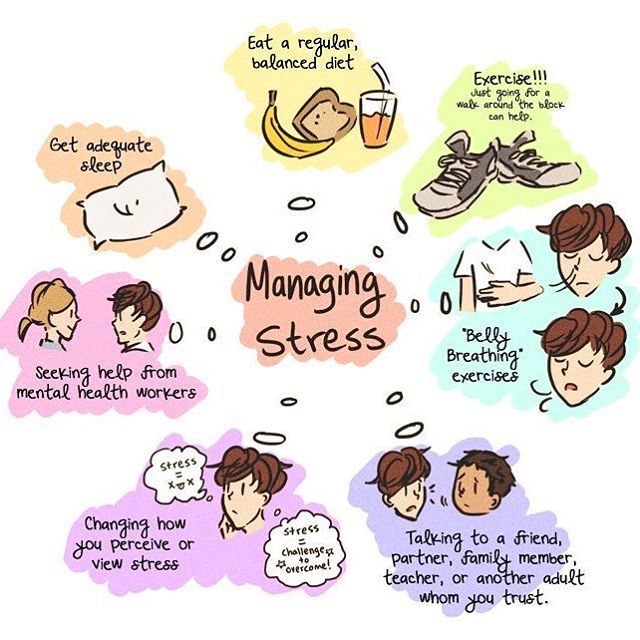
8. Show some love to someone in your life. Close, quality, relationships are key for a happy, healthy life.
9. Boost brainpower by treating yourself to a couple pieces of dark chocolate every few days. The flavonoids, caffeine, and theobromine in chocolate are thought to work together to improve alertness and mental skills.
10. “There is no greater agony than bearing an untold story inside of you.” -Maya Angelou. If you have personal experience with mental illness or recovery, share on Twitter, Instagram and Tumblr with #mentalillnessfeelslike. Check out what other people are saying here.
11. Sometimes, we don't need to add new activities to get more pleasure. We just need to soak up the joy in the ones we've already got. Trying to be optimistic doesn't mean ignoring the uglier sides of life. It just means focusing on the positive as much as possible.
12.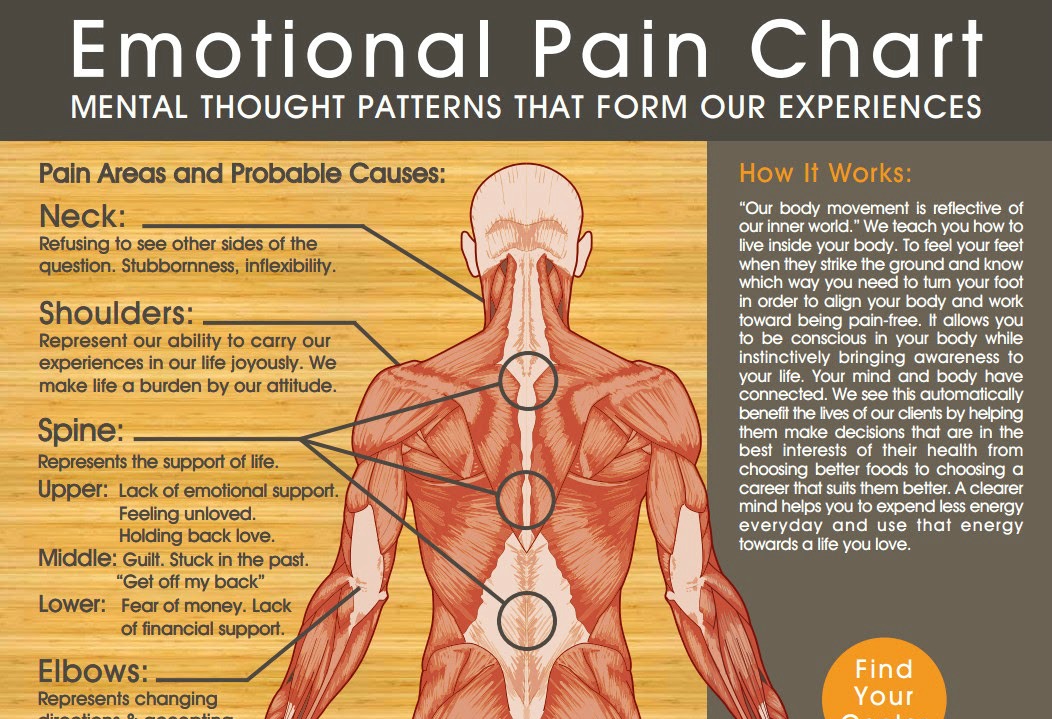 Feeling anxious? Take a trip down memory lane and do some coloring for about 20 minutes to help you clear your mind. Pick a design that's geometric and a little complicated for the best effect. Check out hundreds of free printable coloring pages here.
Feeling anxious? Take a trip down memory lane and do some coloring for about 20 minutes to help you clear your mind. Pick a design that's geometric and a little complicated for the best effect. Check out hundreds of free printable coloring pages here.
13. Take time to laugh. Hang out with a funny friend, watch a comedy or check out cute videos online. Laughter helps reduce anxiety.
14. Go off the grid. Leave your smart phone at home for a day and disconnect from constant emails, alerts, and other interruptions. Spend time doing something fun with someone face-to-face.
15. Dance around while you do your housework. Not only will you get chores done, but dancing reduces levels of cortisol (the stress hormone), and increases endorphins (the body's "feel-good" chemicals).
16. Go ahead and yawn. Studies suggest that yawning helps cool the brain and improves alertness and mental efficiency.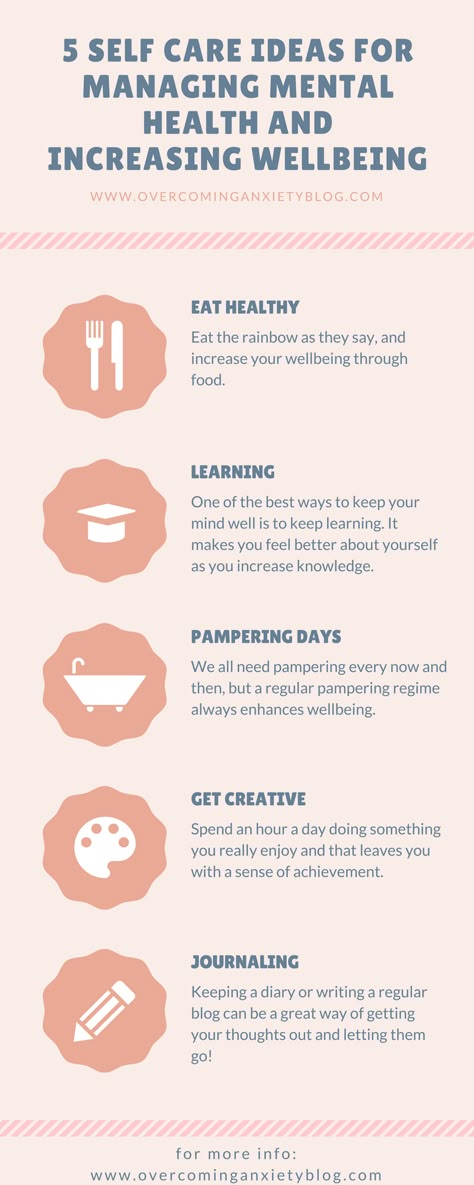
17. Relax in a warm bath once a week. Try adding Epsom salts to soothe aches and pains and help boost magnesium levels, which can be depleted by stress.
18. Has something been bothering you? Let it all out…on paper. Writing about upsetting experiences can reduce symptoms of depression.
19. Spend some time with a furry friend. Time with animals lowers the stress hormone - cortisol, and boosts oxytocin - which stimulates feelings of happiness. If you don’t have a pet, hang out with a friend who does or volunteer at a shelter.
20. “What lies before us and what lies behind us are small matters compared to what lies within us. And when you bring what is within out into the world, miracles happen.” - Henry David Thoreau. Practice mindfulness by staying "in the present." Try these tips.
21. Be a tourist in your own town. Often times people only explore attractions on trips, but you may be surprised what cool things are in your own backyard.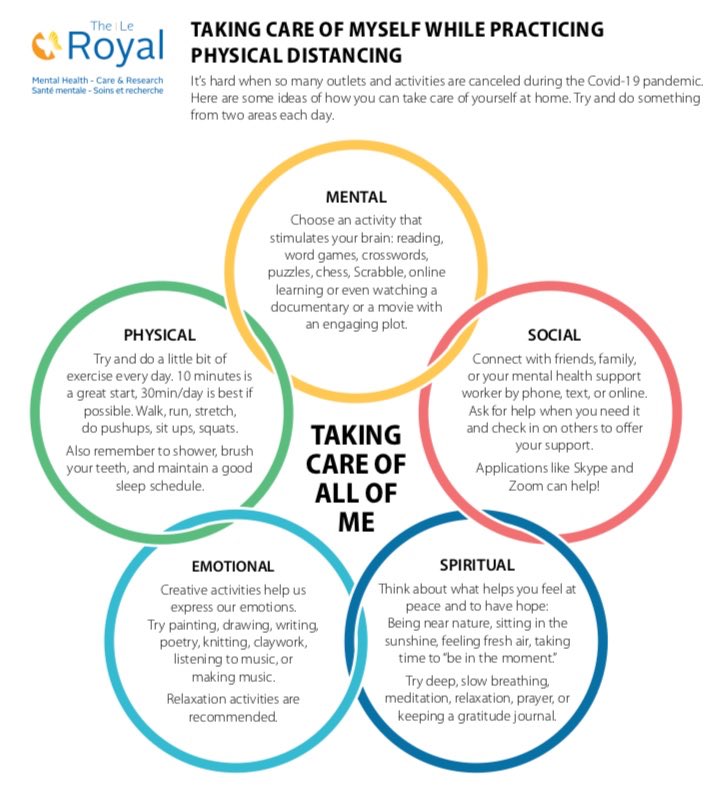
22. Try prepping your lunches or picking out your clothes for the work week. You'll save some time in the mornings and have a sense of control about the week ahead.
23. Work some omega-3 fatty acids into your diet–they are linked to decreased rates of depression and schizophrenia among their many benefits. Fish oil supplements work, but eating your omega-3s in foods like wild salmon, flaxseeds or walnuts also helps build healthy gut bacteria.
24. Practice forgiveness - even if it's just forgiving that person who cut you off during your commute. People who forgive have better mental health and report being more satisfied with their lives.
25. "What appear to be calamities are often the sources of fortune." - Disraeli. Try to find the silver lining in something kind of cruddy that happened recently.
26. Feeling stressed? Smile. It may not be the easiest thing to do, but smiling can help to lower your heart rate and calm you down.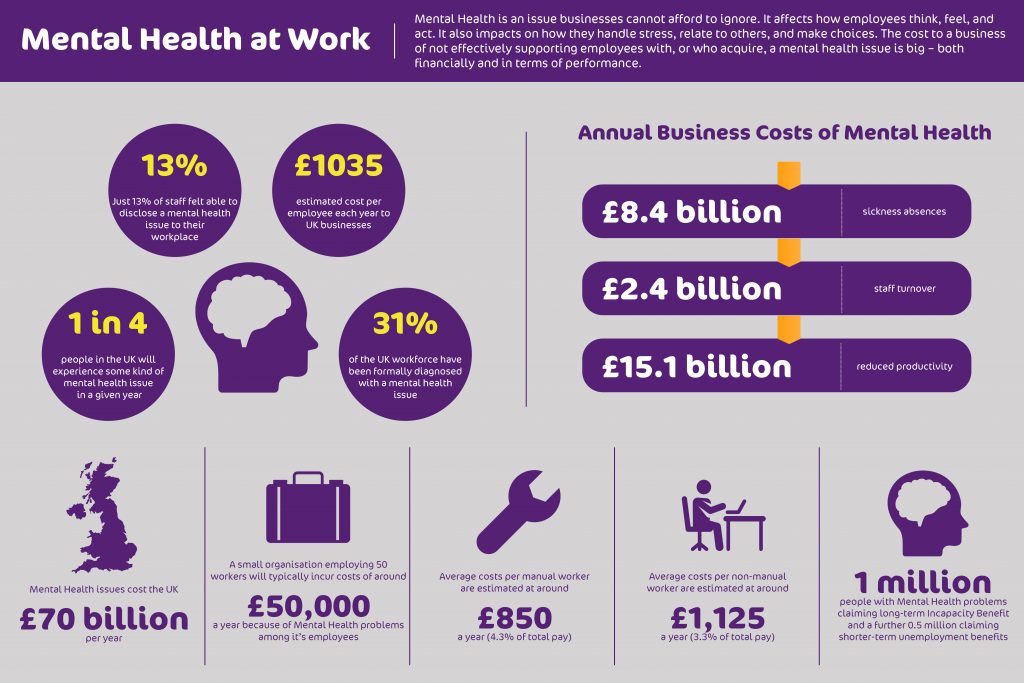
27. Send a thank you note - not for a material item, but to let someone know why you appreciate them. Written expressions of gratitude are linked to increased happiness.
28. Do something with friends and family - have a cookout, go to a park, or play a game. People are 12 times more likely to feel happy on days that they spend 6-7 hours with friends and family.
29. Take 30 minutes to go for a walk in nature - it could be a stroll through a park, or a hike in the woods. Research shows that being in nature can increase energy levels, reduce depression and boost well-being.
30. Do your best to enjoy 15 minutes of sunshine, and apply sunscreen. Sunlight synthesizes Vitamin D, which experts believe is a mood elevator.
31. "Anyone who has never made a mistake has never tried anything new." -Albert Einstein. Try something outside of your comfort zone to make room for adventure and excitement in your life.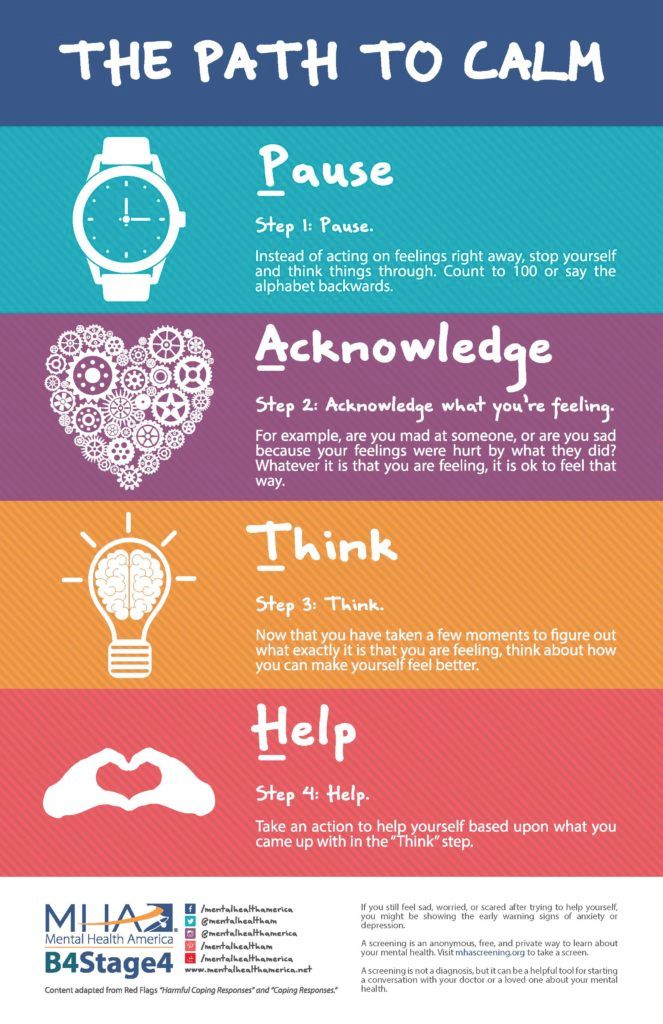
7 Scientific Ways to Improve Mental Health
Despite advances in medicine, the incidence of mental illness is increasing year by year. Modern man is subject to daily stress and information overload, and some scientists speak of an epidemic of loneliness. All this is fertile ground for the development of mental disorders. In this article, we'll talk about what threatens mental health problems and what you can do to improve it.
Everyone in today's world needs to be able to cope with everyday stress. You can get a complete theoretical understanding of the phenomenon of stress and master in practice the most effective ways of coping with strong psycho-emotional states on our online program "Mental Self-Regulation".
What is mental health
Mental (or mental) health refers to the state of our emotional, psychological and social well-being. Here is how the World Health Organization defines it:
Mental health is a state of well-being in which each person realizes their potential, is able to cope with the normal stresses of life, can work productively and fruitfully, and contribute to society.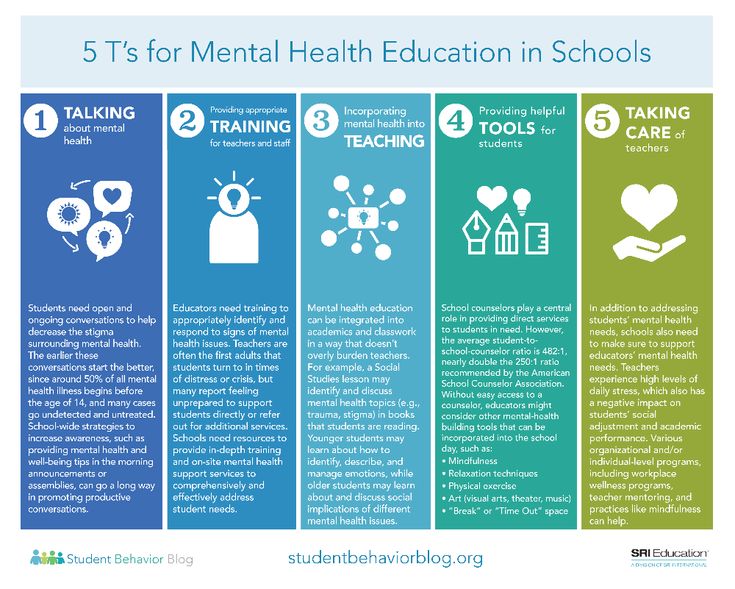
Over the past 50 years, the mental health of the world's population has been steadily deteriorating.
Generation Z, which includes those born between the mid-1990s and mid-2000s, has the worst mental health scores. According to a survey by the American Psychological Association (APA), 27% of Gen Zers report mental health problems, compared to 15% of Millennials, 13% of Gen Xers, 7% of Baby Boomers and 5% of older adults.
Why is mental health so important?
The influence of physical illnesses and illnesses such as cancer or diabetes is evident. We do our best to prevent these ailments through diet, exercise, medication, and doctor visits. But unfortunately, many leave mental health by the wayside. We do not think that it is on the same level of importance as physical health. However, the reality is that it is just as, if not more, important.
Your mental health affects every element of your life, from work to relationships with significant people, family members and friends.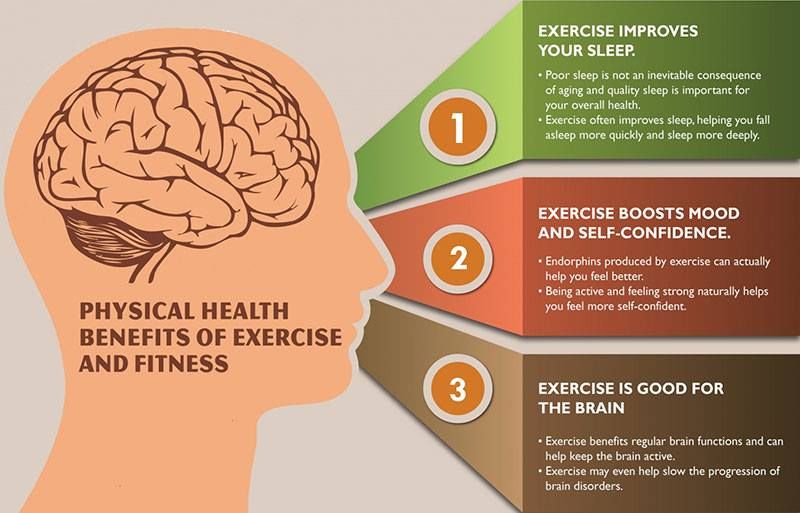 Your sleep, mood, motivation and intelligence depend on it. Finally, constant stress can also cause physical illnesses, such as stomach ulcers.
Your sleep, mood, motivation and intelligence depend on it. Finally, constant stress can also cause physical illnesses, such as stomach ulcers.
People often do not notice mental health problems and take no action. The US Department of Health and Human Services recommends looking out for these hidden signs:
- you are eating too much or too little;
- you sleep too much or too little;
- you lack energy;
- you have constant mood swings;
- you are constantly in conflict with loved ones;
- you often feel confused, angry or irritated.
If you notice anything on this list, see a specialist: a psychologist or psychotherapist. But still, before visiting a doctor, you can use our recommendations.
7 Ways to Improve Your Mental Health
Even if you don't have a diagnosed condition such as anxiety or depression, it's important to prioritize your emotional well-being and continually strive to improve it.
1
Maintain healthy relationships
Loneliness is an epidemic in the modern world. More people than ever are feeling isolated, anxious and overwhelmed. One study [Julianne Holt-Lunstad] showed that loneliness has the same effect on life expectancy as obesity or smoking, and reduces it by 15 years.
Strong interpersonal relationships benefit us in many ways. It helps to feel like part of a community, gives meaning to life, makes us feel important, and keeps us confident that we have people we can rely on during difficult times.
2
Use social media wisely
In general, having social contacts is associated with improved mental health. However, maintaining friendships through Facebook and other social networking sites can be fraught with problems.
Research [Ethan Kross, 2013] shows that people feel worse after viewing the posts of more successful friends. Other studies show that excessive use of social networks increases the risk of depression [Melissa G.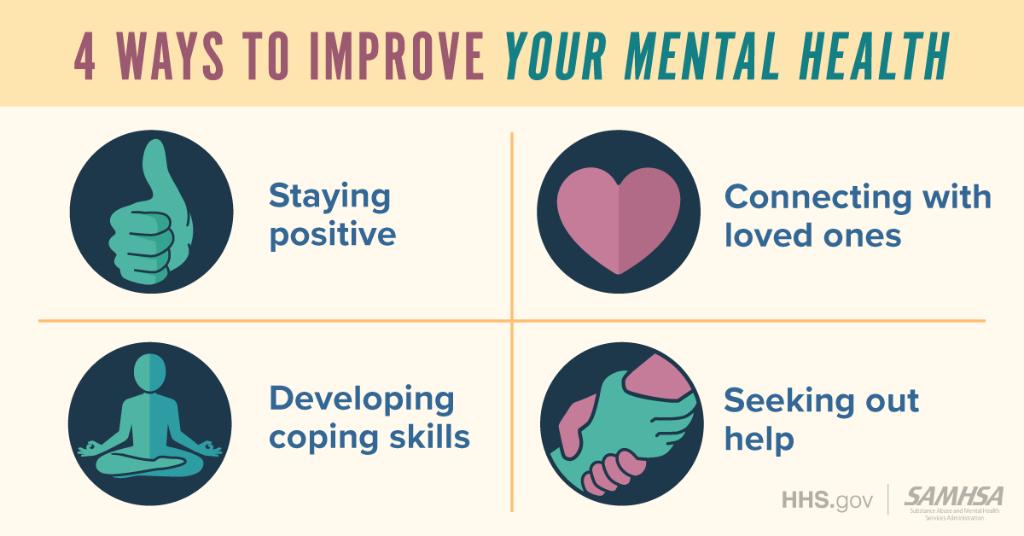 Hunt, 2018], anxiety, impairs sleep and reduces self-esteem [Heather ClelandWoods, 2016].
Hunt, 2018], anxiety, impairs sleep and reduces self-esteem [Heather ClelandWoods, 2016].
This does not mean that you should retire from social networks. However, try to limit their use, unsubscribe from people you don’t need, and also adhere to the rules of information hygiene.
3
Exercise
Exercise will help you sleep better, make you feel more relaxed and increase the production of endorphins that will lift your spirits.
You don't need to practice high intensity interval training to reap the benefits of exercise. According to the National Institute of Mental Health, just 30 minutes of walking every day can improve your mood and reduce stress. Plus, just five minutes (that's the length of one song) of aerobic exercise or cardio can help reduce anxiety (according to the Anxiety and Depression Association of America (ADAA).
However, the US Department of Health recommends 150 minutes of low-intensity exercise (walking or biking) or 75 minutes of more vigorous activity (running) per week for maximum benefit.
4
Get yourself a healthy sleep
Another study [Gillin J. C., 1998] showed that people who reported insomnia were four times more likely to become depressed over the next three years. Scientists have determined [Conor J Wild, 2018] that a person needs 7-8 hours of sleep for the normal functioning of the brain.
However, time is not the only indicator of quality sleep. If you wake up 10 or 15 times every night, you won't feel like you've had a good night's sleep and rest. If you are familiar with this problem, try practices that will help you achieve better sleep, such as meditation.
Exercise every day, eat a well-balanced diet, and try to avoid things like caffeine, alcohol, and smoking that can interfere with sleep. Keep your bedroom dark, cool and quiet.
5
Spend at least two hours a week in nature
Scientists have long noticed that connecting with nature improves mental health. A study published in June 2015 in Proceedings of the National Academy of Science [Gregory N.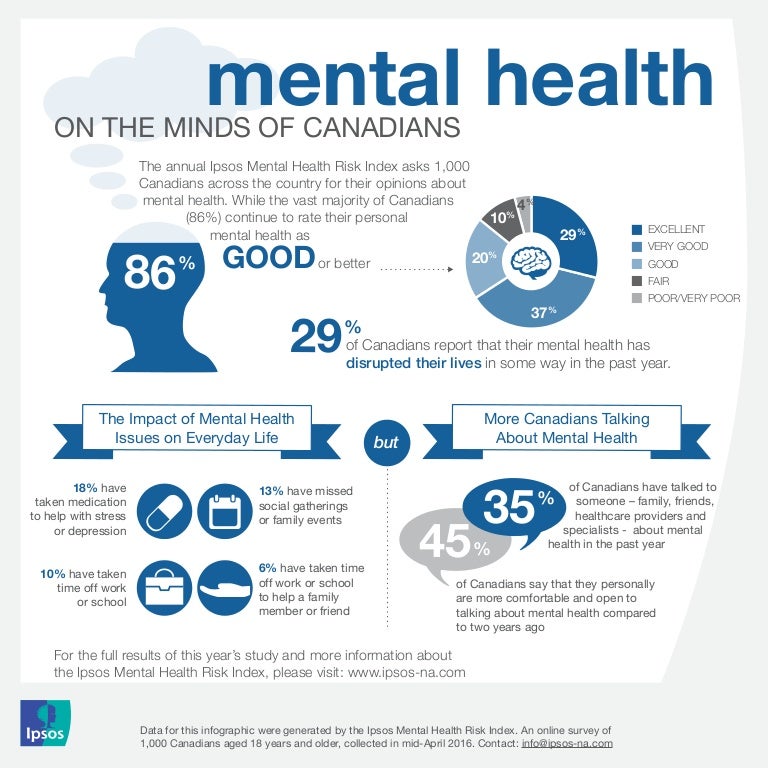 Bratman, 2015] found that a 90-minute walk in nature can reduce brain activity in an area called the subgenual prefrontal cortex. This area is active when we reflect on negative thoughts. Walking along a busy road did not calm this area.
Bratman, 2015] found that a 90-minute walk in nature can reduce brain activity in an area called the subgenual prefrontal cortex. This area is active when we reflect on negative thoughts. Walking along a busy road did not calm this area.
This is just one of many similar studies. In 2018, scientists found [Wilma L. Zijlema, 2018] that people who traveled daily through the natural environment have the best indicators of mental health.
Scientists advise [Mathew P. White, 2019] to spend at least two hours a week or 15-20 minutes daily in nature to achieve the optimal effect.
6
Learn new things
According to the UK National Health Service (NHS), learning is another way to support mental health.
The NHS claims that people who continue to learn after leaving school and university report higher well-being and greater ability to cope with stress. Setting goals and achieving them can create positive feelings of self-fulfillment. Learning often involves interacting with other people.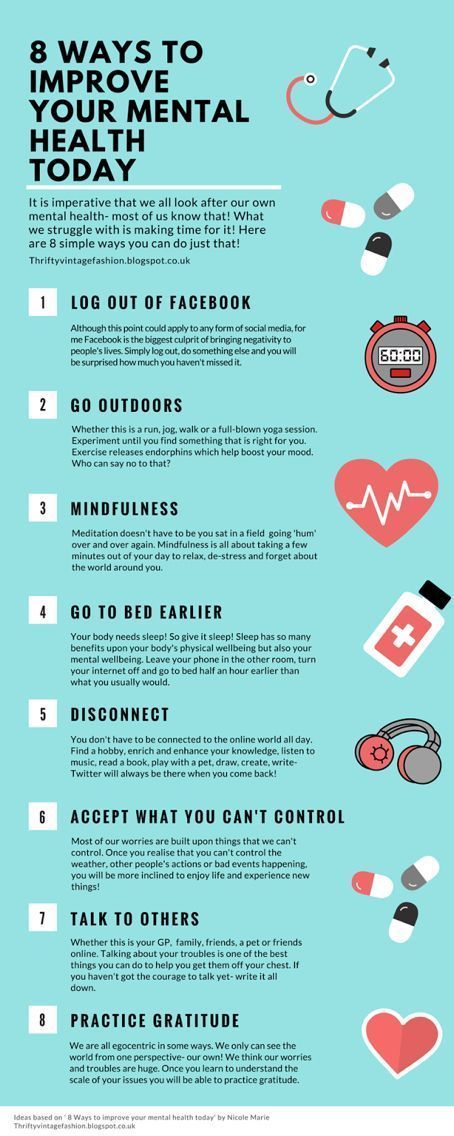 It can also increase your well-being by helping to build and strengthen social relationships.
It can also increase your well-being by helping to build and strengthen social relationships.
Keep learning all your life: take a cooking class or try mnemonics, take first aid training or learn how to set up social media ads. The main thing is to learn something new every day.
7
Practice gratitude
If you have ever felt excessive anxiety, stress, or depression, you are probably familiar with the onslaught of endless negative thoughts. One of the best ways to deal with this is to practice gratitude.
There are countless ways to practice gratitude. One simple and effective way is to keep a gratitude journal every morning or evening. Spend 10 or 15 minutes writing down small or big moments and things you are grateful for. Try to list 3 to 10 things. It could be your family, work, good weather, or a compliment from a colleague. As research shows [Wong Y. J., 2018], this method really works.
Resume
Judging by current trends, the mental health of a person of the future is under threat.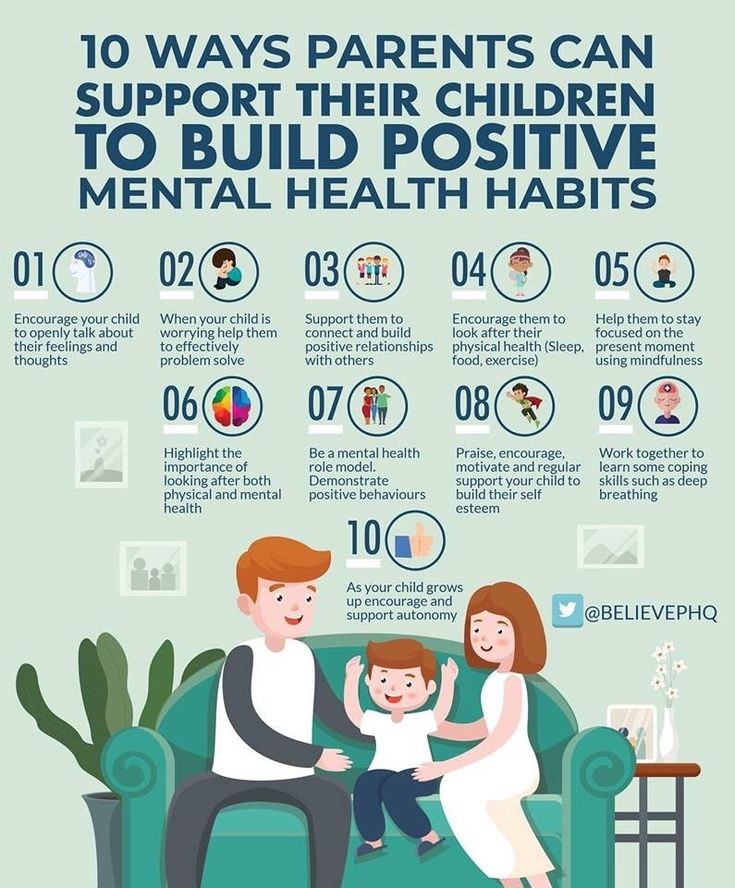 In addition, people pay less attention to it than to the physical. By following these tips, you can help keep your brain healthy and active:
In addition, people pay less attention to it than to the physical. By following these tips, you can help keep your brain healthy and active:
- Maintain existing relationships and make new friends.
- Use social media with care.
- Exercise.
- Sleep 7-8 hours a day.
- Walk in nature for at least 2 hours a week (or 15-20 minutes a day).
- Learn new skills.
- Practice gratitude.
These tips don't take too much of your time, but they provide many additional benefits. And the 4brain team wishes you good physical and mental health!
Keywords:1Psychoregulation
11 Ways to Improve Your Mental Health
Experts estimate that one in six people experienced some mental health problem in the past week. It can be your friend, colleague or even yourself…
The mental state is a taboo subject for many of us, but often it is an exhausting daily struggle with a series of failures and a fight with an invisible enemy.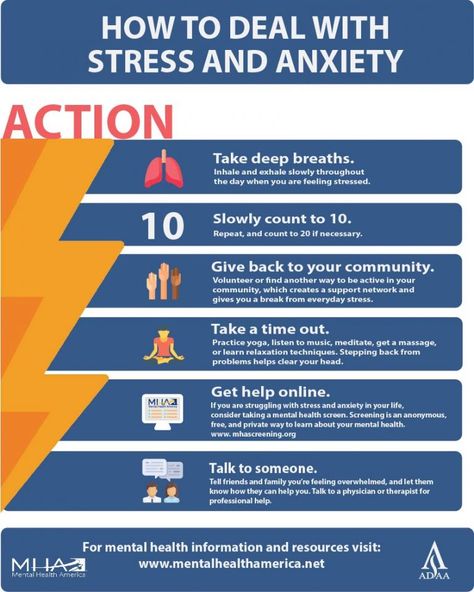 And just as there is no one-size-fits-all diagnosis, whether it be major depression or mild nervousness, there is no one-size-fits-all treatment.
And just as there is no one-size-fits-all diagnosis, whether it be major depression or mild nervousness, there is no one-size-fits-all treatment.
However, there are methods that will at least help reduce stress and anxiety by reducing the burden on the psyche. In this article, Shayan Kadir, Personal Growth Coach and Sanctus Masterclass, shares 11 ways you can improve your mental well-being.
1. Enter the flow state
“Flow is the state in which you allow your mind and body to merge into each other. If we do something every day, we can enter this state when we are immersed in our activity with our head. There are many activities that help you get into the flow state, such as running, meditating, doing art, and even typing on a keyboard. As soon as you find "your" flow, you will feel that time seems to have stopped, and all worries go away. At first it will take practice, you will come closer to this state each time, and in the end the body will do everything for you.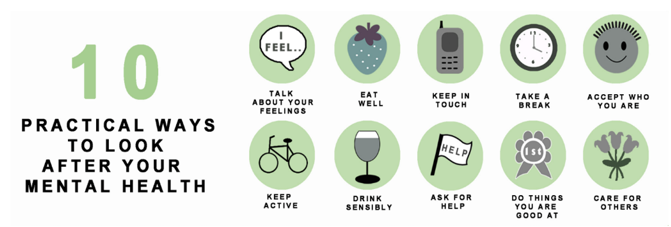
2. "Will it matter in...?"
“When you're very upset about something, it's easy to lose sight of the longer term. Ask yourself: “Will this matter in a week? In a month? In a year?" Your condition right now may not match how important the problem will be in a while, and these questions will help you look at the situation from a different perspective in order to understand how to respond to it. And if the issue is still important in a year, these questions can change how you act in such a situation.
3. Get back to nature
“The Japanese have a concept of “forest bathing” – it means spending time in nature and walking among the trees. It helps restore the natural balance of our body. Stress, anxiety, global issues, city life, constant activity in social networks - all this causes tension, and a break from such a load, even if it's just time spent in nature, is very beneficial for our physical and mental health.
Adventure on the horizon
© David Sodomka
4.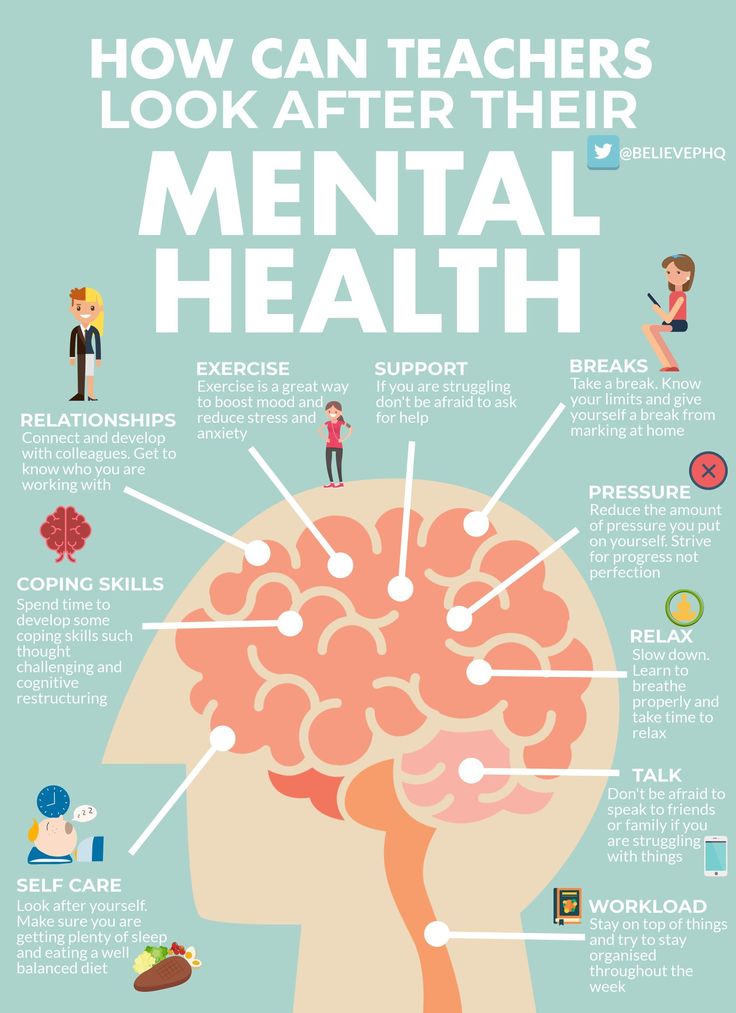 Control your breath
Control your breath
“Quite often, when we get too caught up in our thoughts, stress causes us to lose control of ourselves, become anxious and even panicky, and a good way to break this is to focus on breathing. Take deep breaths, paying attention to how you breathe, and remain calm so that your worries do not throw you off balance, causing a panic attack. Some triggers appear before an attack - this is rapid breathing, heaviness in the chest, tension in the shoulders and throughout the body. Focus on what feels wrong and ask yourself, "How can I get out of this?"
5. Name your critic
“Most people think we only have one inner voice. In fact, there are at least two such voices contradicting each other, and the next time one of them declares in an internal monologue that you are not good enough, remember that this “critic” is not the only one who has the right to vote. Give him a name and character, and the next time you hear something self-deprecating from him, you will realize that “critic” is not the only thought and you can challenge him.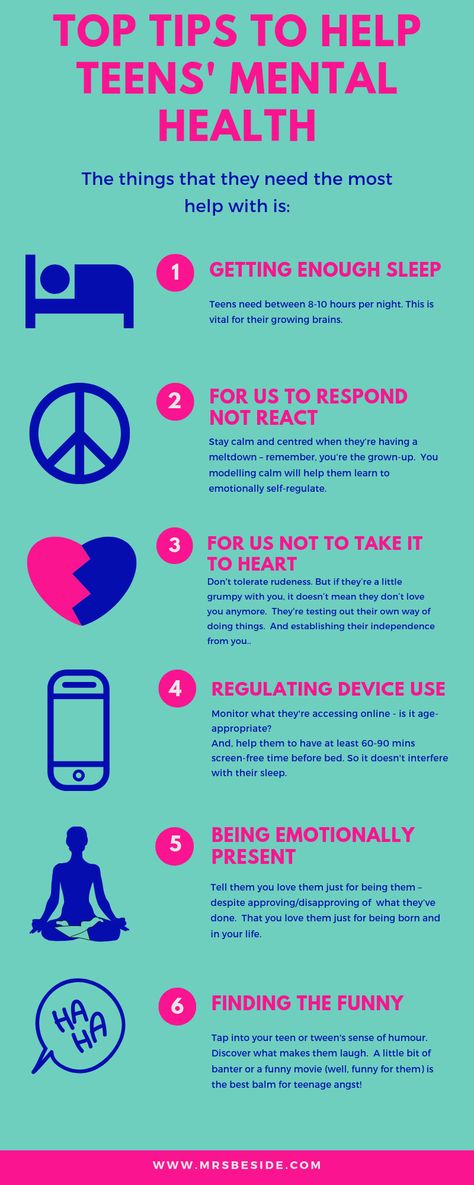 ”
”
6. Move more
“Set aside time for stretching, strength training, cardio, or even brisk walking – it will have a noticeable effect on your mental state. From a biological point of view, we as hunters and gatherers are designed to move - every day we need to go in search of food, and then come back. Therefore, if we sit at the table all day, spending all our energy on the work of the head, we seem to “disconnect” from the body. Take regular breaks to move around - this will have a significant impact on your brain.
7. Talk to people
“Many people are reluctant to talk to family and friends about psychological problems. This will be a difficult but important step, because then you will be able to say what you think - as opposed to the usual "everything is fine" when in fact "everything sucks." Believe it or not, the eternal positivity has its downsides. For example, if you are grieving for someone close, and your motto is to think positively, forget about everything and move on, there will remain a need inside you to release grief.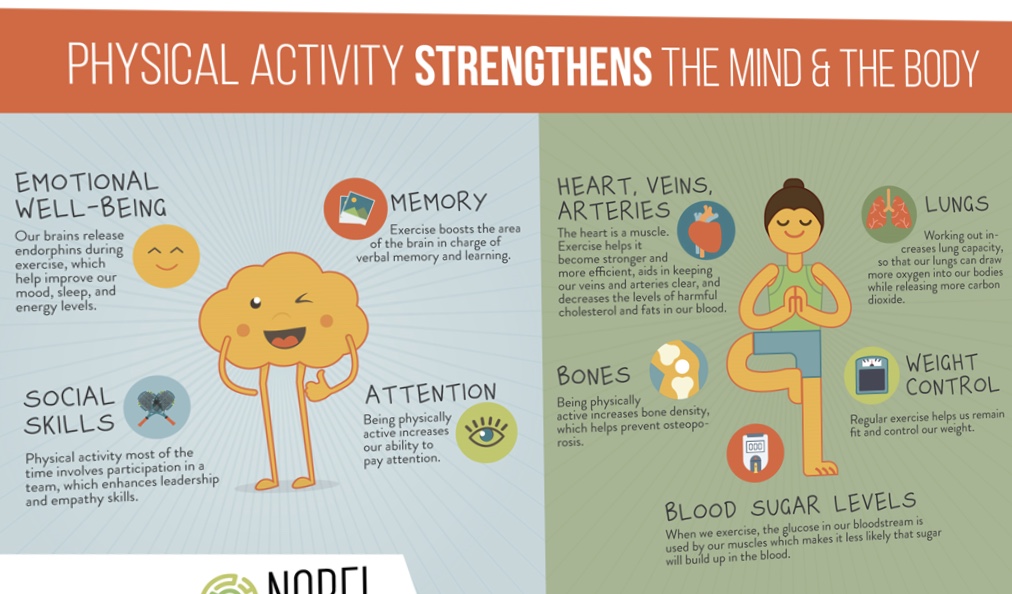 I saw many people who, even a few years later, the tragedy did not live through this grief and still cannot come to their senses. It is very important to allow yourself to experience the full range of emotions. If sometimes you allow yourself to be sad, then sadness passes faster.
I saw many people who, even a few years later, the tragedy did not live through this grief and still cannot come to their senses. It is very important to allow yourself to experience the full range of emotions. If sometimes you allow yourself to be sad, then sadness passes faster.
Sascha DiJulian, Mathilde Söderlund and Brett Harrington
© Novak/Red Bull Content Pool
8. Help
look at the situation from the other side. It also releases endorphins, making us feel better. You can do charity work or simply write to someone and see if they need help. What is very simple for ourselves may be very difficult for other people, but you will not know about it if you do not ask. Helping others will give you a deep sense of belonging.”
9. Create
“Make time for activities that strengthen the connection between the left and right hemispheres of the brain. As people age, they forget what it means to simply enjoy life, play and invent games, as we did in childhood.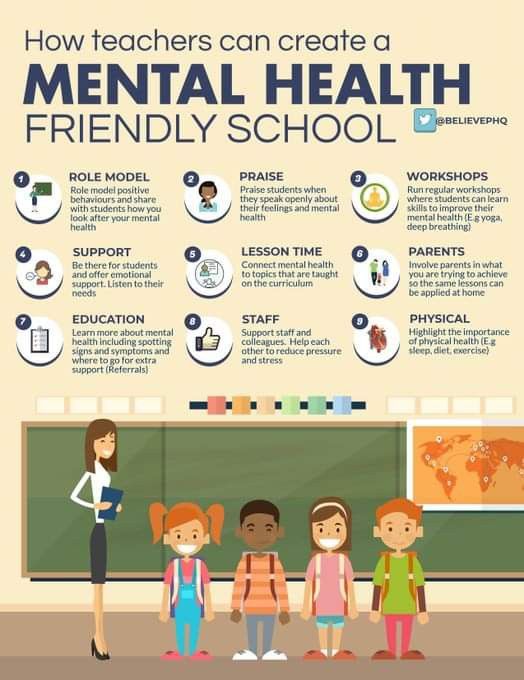 That's why it's good to find time for creative pursuits, whether it's painting, music, singing, dancing, designing, building, cooking, or decorating. If your mental state leaves much to be desired, creativity will help you find healing by expressing yourself in a new way.”
That's why it's good to find time for creative pursuits, whether it's painting, music, singing, dancing, designing, building, cooking, or decorating. If your mental state leaves much to be desired, creativity will help you find healing by expressing yourself in a new way.”
10. Work on your sleep patterns
“Significant levels of stress and anxiety are associated with not being able to get a good night's sleep. Everything is interconnected: it is very important to adhere to a suitable ritual or a certain time for going to bed and waking up, especially during the week. Set aside all gadgets an hour before bed to help reduce stress levels. Reading or meditating before bed is also a good way to normalize your sleep patterns.”
11. Feel gratitude
“Finally, remember the little things that are good and feel grateful for them – because they are so easy to lose sight of, thinking only about problems, about what is not working and what we need become better. This is how we forget the good things and how lucky we are until we lose what we took for granted.
